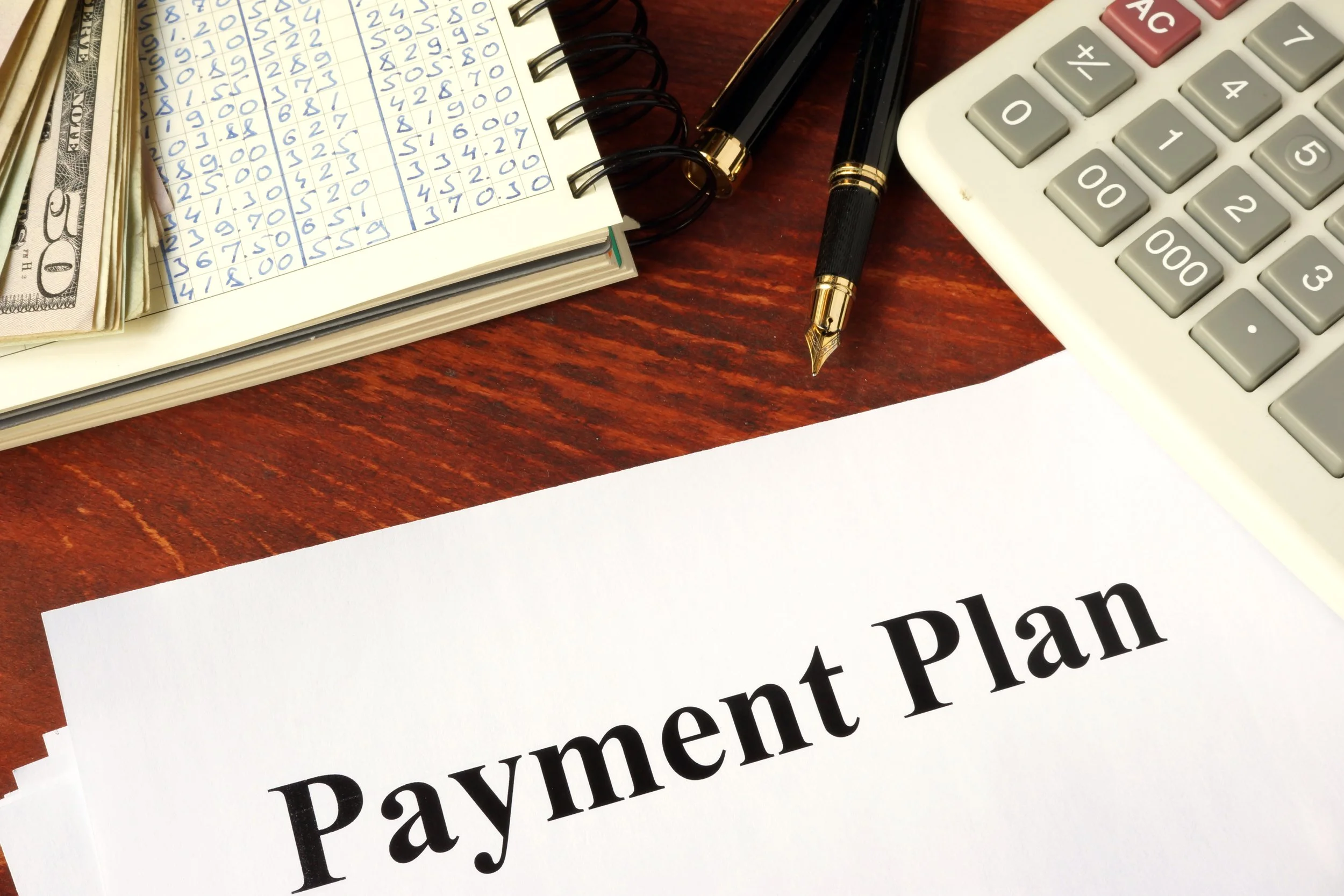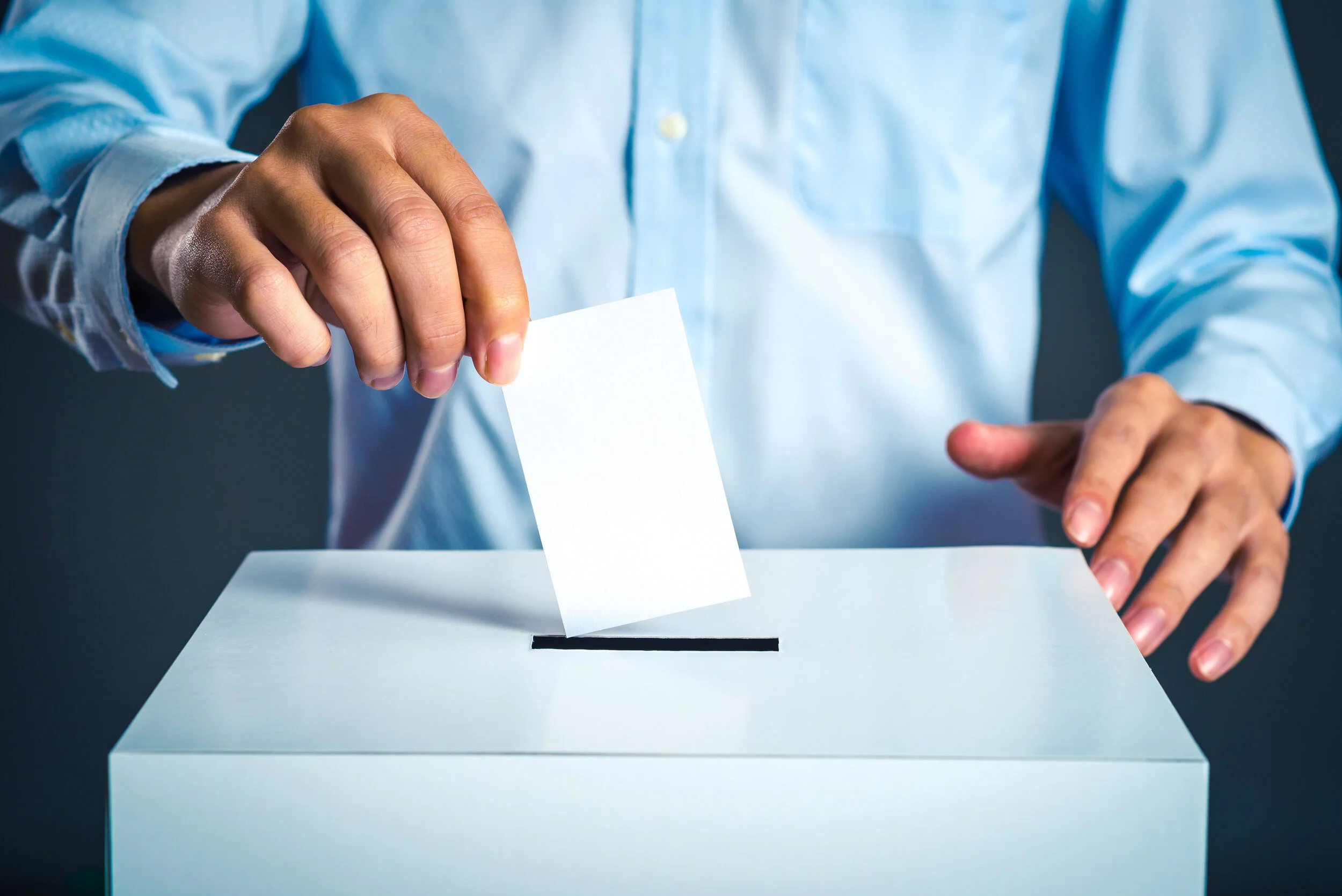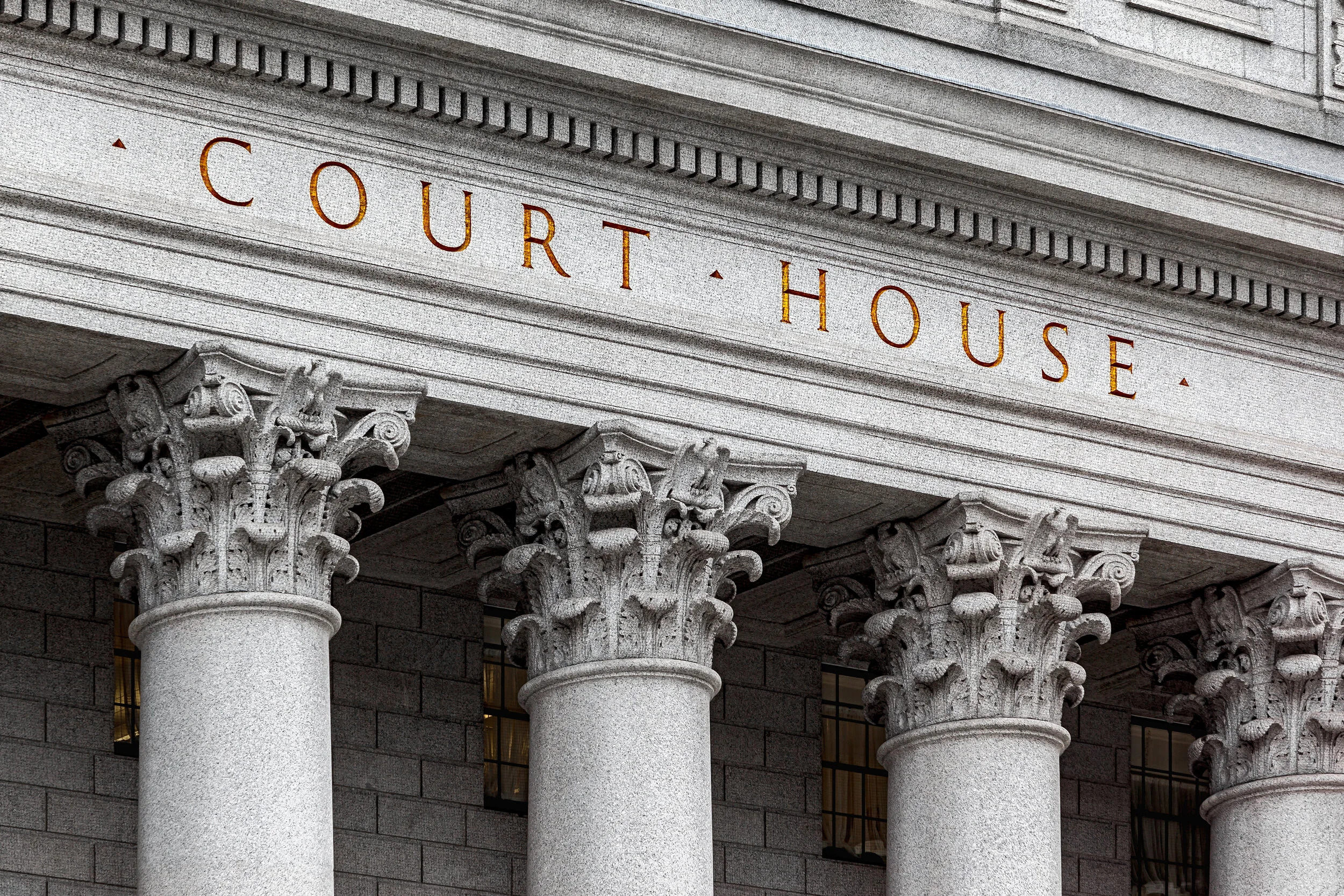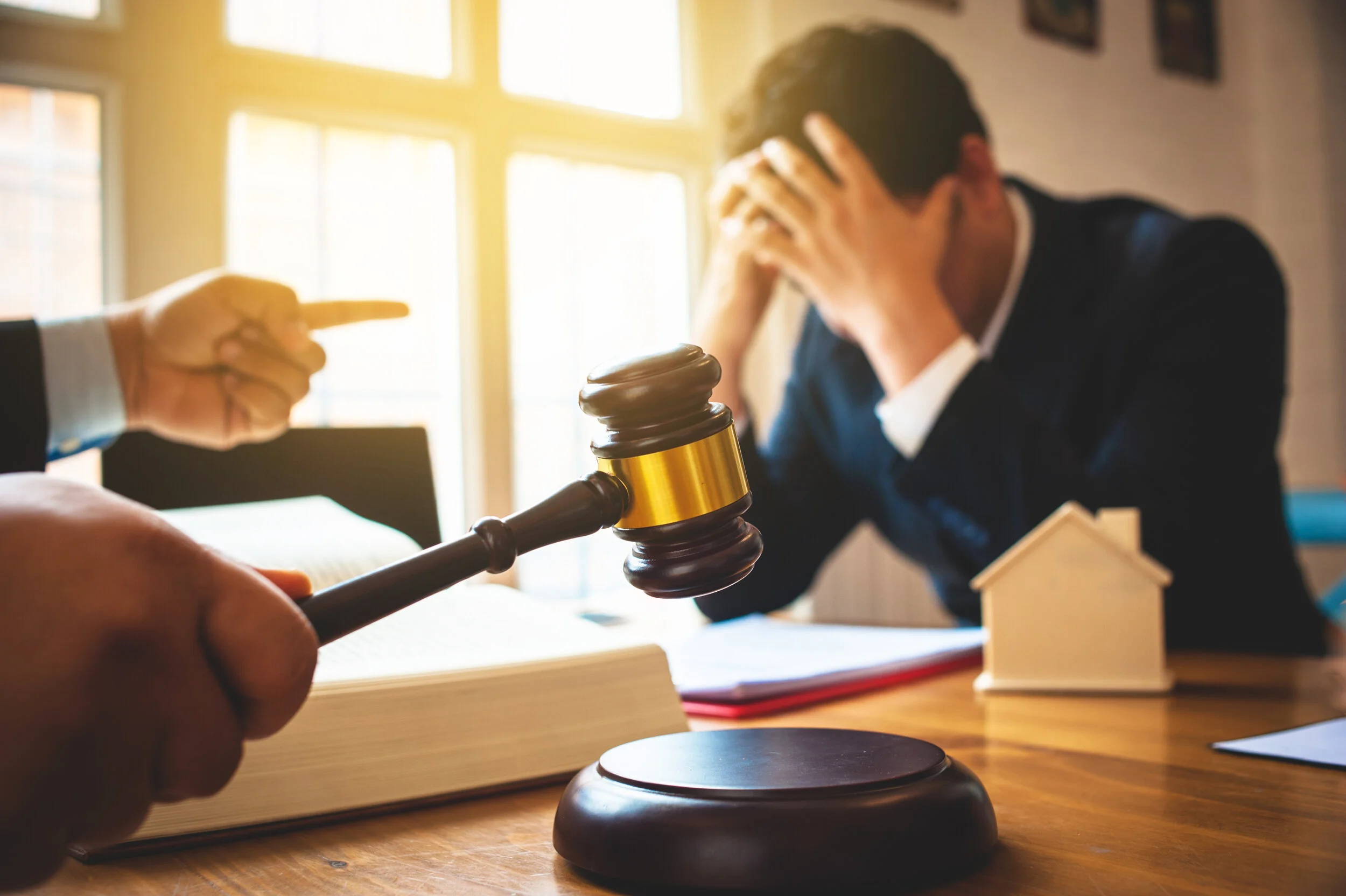Applicants can also ask for more time, community service instead of a fine and help setting up a payment plan, according to court officials. By Eric S. Page • Published September 18, 2023 • Updated on September 18, 2023 at 10:55 am
Read MoreThe Florida Senate is looking at options to continue improving the payment plan process for criminal fines. Senate bill 48 was filed by Senator Tom Wright looks at the use of community service to satisfy unpaid court debt.
Read MoreNew legislation signed by Governor DeSantis clarifies payment plan requirements for criminal fines and fees, and traffic violation as described in recent article posted by the Tampa Bay Times.
Read MoreThe State of Alabama legislature is reviewing the continuation of driver’s licenses suspensions for unpaid tickets in the State Senate.
Read MoreAs reported in the Florida Bar News, the Florida Legislature is looking at ways to address Clerk funding struggles. Sen. Doug Broxson, R-Pensacola, said he is working with Rep. Fentrice Driskell, D-Tampa, on a proposal that would address license reinstatement.
Read MoreAs reported by WPTV of West Palm Beach, lawmakers are looking at ways to keep traffic offenders legally driving while paying off court fine obligations.
Read MoreHomeless Court was initiated on October 20, 2020 in Saratoga Springs, New York. The program is finding a great deal success with over 90% of participants connecting with community services and care management. The article published by Paula Tancredi Penman of the Saratoga Today explains the success of the program.
Read MoreMarq Mitchell the founder and Executive Director of Chainless Change says it is time to end driver’s license suspensions for violators unable to pay court fines. His opinion piece published by the Sun-Sentinel explores why it is time to make the change.
Read MoreAs reported by KTZV out of Salem Oregon the Oregon Judicial Department has simplified the fine payment process by providing a new online service – the Electronic Central Violations Bureau, ( eCVB) – allows people cited for a violation to check eligibility for a fine reduction, request a reduction if they qualify, and pay securely from their computer or mobile device at any time of day.
Read MoreDavid Ovalle of the Miami Herald warns of budget reductions due to declining traffic tickets in Florida. Travel restrictions during the recent pandemic have impacted citation filings. These same citation filings contribute to state and local budgets requiring attention towards the funding of future court business.
Read MoreAs published in the Washington Post, Michael Bloomberg has raised over $16 million dollars to pay off fines in felony cases in Florida. The money would complete sentencing obligations of 32,000 felons just in time for the general election in November.
Read MoreA higher court ruling has been made regarding Florida law forbidding felons the right to vote until court fine obligations are paid as part of their sentence. As reported by CNN the 6-4 ruling by the full 11th US Circuit Court of Appeals overturned a lower court's ruling blocking the law.
Read MoreAs reported by Wink News of Southwest Florida, the Supreme Court ruled on Thursday that Florida can enforce a rule that would prohibit felons from voting if they owed court fines and fees as part of their conviction. The ruling likely means that the only way convicted felons can vote in the upcoming election in November is by satisfying their outstanding payment obligations as part of their original sentence.
Read MoreU.S. District Just Robert Hinkle ruled against the State of Florida preventing felons the right to vote due to unpaid court fines citing that the State’s approach a “a pay-to-vote system” in a 125 page ruling released Sunday. What happens next is up to Governor DeSantis who is currently reviewing Judge Hinkle’s order. See the article posted in the Tampa Bay Times.
Read MoreJudges and court participants in Florida are adapting to virtual tools to restart court proceedings following distancing protocols and keeping dockets moving. As reported by by Dan Sullivan of the Tampa Bay Times, Published May 1, 2020..
Read Moreby Lawrence Mower/Tampa Bay Times/January 16th, 2020
Felons seeking restoration of voting rights promised through Amendment 4 must clear all sentencing sanctions to become eligible to vote according to the Supreme Court ruling handed out on Thursday. With this ruling advocacy groups in Florida and affected voters must work with applicants to ensure that all of their fines and fees are satisfied prior to becoming eligible to vote. The Florida Rights Restoration Coalition is determined to clear that hurdle but time is running short. Florida's primary races in 2020 will commence on March 17th.
Read MoreBy Jeffrey Schweers of the Tallahassee Democrat- Dec. 21, 2019
As reported by the Tallahassee Democrat, 2 million people have suspended licenses as a result of not paying court fines. Florida Representative Bryan Donalds, R- Naples has filed House Bill 903 that would eliminate suspensions for non-payment on some offenses. The inability for violators to pay fines and the challenges faced by the courts to collect them has caused an impasse to properly settle court-ordered sanctions. Creating a uniform payment plan to gradually comply is under consideration as a potential reform to the current system. Lawmakers must carefully balance the weight of payment sanctions against citizens while leveling the work burden placed on clerk’s offices in Florida.
Read MoreBy Katherine Levin of the Santa Fe Reporter- November 22, 2019
The Santa Fe Magistrate Court in New Mexico has seen a sharp decline. In 2016 $1.1 million in fines and fees were assessed but only 38% were collected. Citizens are challenged to pay and courts are overburdened in efforts to collect. Reporter Katherine Levine suggests alternatives are in order. The courts have implemented payment plans and use alternatives to payments through enrolling citizens in community service. But non-compliance still results in license suspensions which can then lead to further court involvement, Court participants should continue to take a hard look at the intent of penalties that provide justice while considering involved citizen’s ability to comply.
Read MoreBy BEN BRACHFELD-JAN. 3, 2020 2:21 P.M.of the Gothamist
The City of New York is proposing alternatives to paying court fines. The bill would establish a pilot program for “day fines,” a system common in Europe where fines are levied as a percentage of a person’s daily income for a certain number of days, rather than a fixed sum. The effect is that the burden of fines would be felt equally by everyone who receives them, instead of being disproportionately ruinous on low-income people. But does that satisfy the intended violation sanction? It’s a debate being held nationally. What makes cost sanctions fair for all? And if the fine goes away should there be other non cost sanctions in place such as community service? It’s an interesting concept but managing the change and funding the courts to keep up with new service demands should be examined as well.
Read MoreBy Howard Fischer Capitol Media Services-Tuscon.com-Dec 19, 2019
Necessity encourages innovative for traffic citation compliance. Paying tickets has become a burden for citizens to pay traffic tickets in Arizona. Recently a local legislator felt the pain of that cost and wondered why there weren’t options to satisfying the debt. He pointed out that some people just can’t afford to pay an $80 ticket with all the surcharges that come with it. There are payment options. Community service in lieu of fines allows citizens to complete their sentences and at the same time provide valuable service to meet local needs. And installment payments could also be made under payment plans supervised by the courts. Not all are in favor of removing the payment only system which if removed, may threaten traditional methods of funding the justice system. However, the current traffic payment process prevents traffic violators from working with the courts. It’s better to provide solve citation compliance with options rather than wait for payments that may never come in.
Read More


















